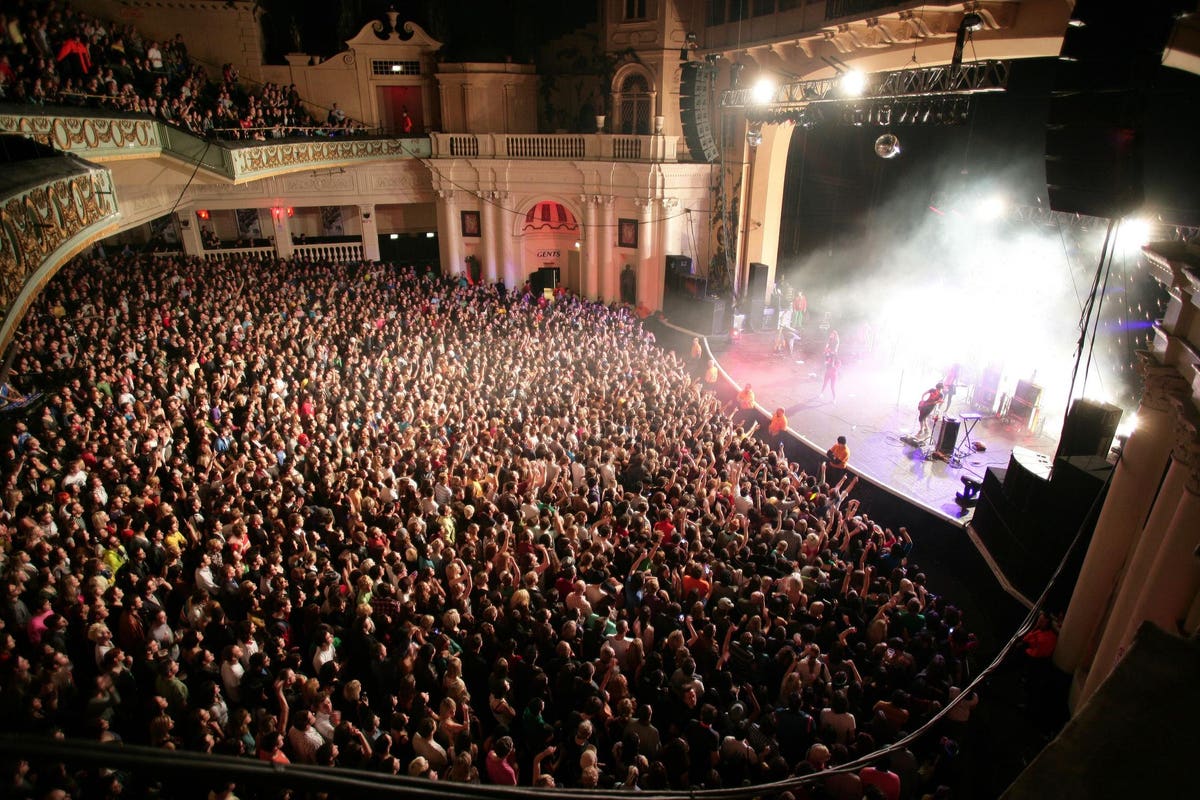This tragedy must never happen again. But is keeping the venue shut the solution?
On 15 December 2022, a tragic crush at an Asake concert, a Nigerian Afropop star resulted in the deaths of Rebecca Ikumelo, 33 and Gaby Hutchinson, 23. Since the incident, the venue, the Brixton Academy has been closed as its license to operate was revoked. Not only has this incident caused untold human suffering, it has also had significant economic impact. I thought, given the venue remains closed as of writing, we should explore this negative economic impact.
Brixton Academy has been in operation since 1929. This is the first time that such an incident has happened at the venue. If we conservatively estimate that the venue has hosted concerts since the mid 1960s at a rate of 3 per week, that totals to 156 concerts per year for 55 years, or 8580 concerts, held up to 15 December 2022. Let’s assume that 3000 people attended each concert, on average, which allows for some sell outs and some undercounts. This would mean 25,740,000 passed through the doors of the venue before the incident occurred.
Now, let’s estimate that of these 3000 concert goers per night at 3 nights per week, there is an average ticket price of £30 (adjusted for inflation). That’s £270,000 in ticket income generated. Now, if we estimate that 75% of those attending the concert have to travel via public transit or minicab at an average cost of £5 per person round-trip, that’s a further 6750 folks spending £33,750 amongst themselves, every night, getting to and from the gig. Let’s also estimate that 20% of attendees will also choose to eat and drink around the venue at local restaurants at a rate of £20 per head, again adjusted for inflation over the years as an average. That’s a further 1800 folks spending £20 each, or £36,000 each week, outside of VAT, alcohol tax or other taxes. Attendees also purchase alcohol, liquor and soft drinks during the show in addition to merchandise. Moreover, all the businesses that service the venue, or ancillary businesses outside the venue have supply chains. No concerts for three-quarters of a year equates to fewer beer deliveries, fewer t-shirts printed, few posters manufactured and so on.
In addition, the impact on the businesses that service the concerts, from equipment hire to stage management, lighting, supplying catering, printer paper for the tickets or toilet paper for the bathrooms must be accounted for. But sticking to the economic impact of those attending the concerts, if we add this all up based on these estimates from 15 Dec 2022 to 21 August 2023, here is where we stand.
The venue has been closed for 35 weeks. So if there’s £270,000 generated in ticket sales every week, plus a further £69,750 spent per week on getting to/from and eating, that calculates to £339,750 lost in direct impact per week, or £11,891,250 since 15 December 2022. Add on top of that 35 weeks of lost wages for bartenders, cleaners, merch representatives, tour managers, marketers, security guards, delivery drivers and so on, and that number may increase by 15 or 20%.
Taking these figures as estimates and include lost wages, we can conservatively argue that the closure of Brixton Academy has cost the economy between £15 and £20 million for the local and regional economy as a whole. And while we can’t calculate the social and emotional impact that occurs every time someone gets to see their favourite artist, I am sure that is significant as well.
The investigation must ensure that robust security measures be introduced to ensure this never happens again. Those responsible must be held accountable. Moreover, other measures could be taken, including reducing the capacity of the venue for a period of time to trial additional security provisions or requiring trackable health and safety protocols. The license could be reduced temporarily to limit the amount of events.
But shutting the venue for 35 weeks is not the solution. It has further burdened other venues which has reduced choice & potentially increased cost for consumers with demand of venues of that size outstripping supply. And with every week that passes, the amount of lost economic impact for the area – for those who live or work in or next to the venue – suffers.
This decision is also not reflective of what happens when tragedies occur in other sectors. We do not permanently close a road when someone dies in a car accident, or a factory when a worker is tragically killed. We launch enquiries, demand and ensure accountability and then mandate – and track – reform. Brixton Academy has welcomed over 20,000,000 people for over a century without such an occasion occurring. The victims must be honoured, respected and clear frameworks put in place to ensure this never happens again. This could be done alongside reopening the venue.
PLEASE NOTE: These calculations are estimates and should be treated as such.
Read the full article here





